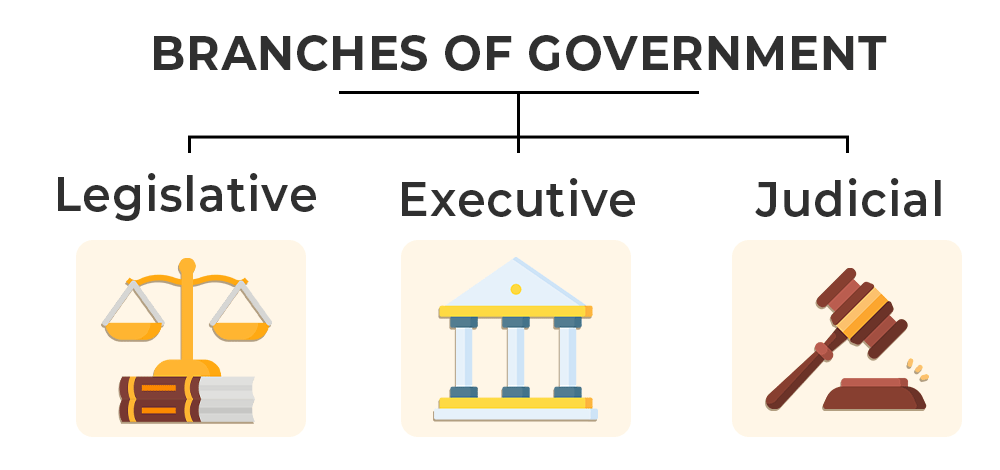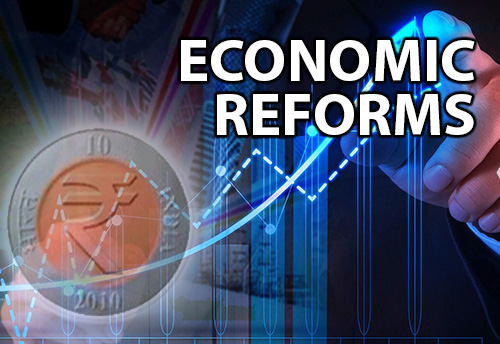Mujtaba Ahmed
Challenges and Considerations in Negotiating with the IMF for a Program Loan
Negotiations with the International Monetary Fund (IMF) for the next program loan are currently underway, and as usual, budget formation is a crucial aspect of these discussions. The government’s request for a full allocation of $7.6 billion is in contrast to the IMF’s offer of $6 billion over a period of 3.5 years.
In negotiating for a larger allocation, the government is faced with the reality that it must accept tougher conditions, as articulately pointed out by the IMF Managing Director, Kristalina Georgieva, with her “More for more, less for less” statement. This translates to the necessity for the government to agree to harsher conditions in order to secure the larger allocation. Specifically, this includes increasing the top marginal rate of personal income tax to an astounding 45%. Additionally, it involves taxing all incomes, such as rental income and capital market instruments, at standard personal income tax rates.
Failing to accept these stringent terms may compel the government to settle for a $6 billion loan. Despite the challenges, the medium-term budget framework aims to increase the tax-to-GDP ratio by 3-4% by the end of the program, preferably within the first two years. This presents a formidable challenge.
The Federal Board of Revenue (FBR) is grappling with tax collection from retailers and traders. Meanwhile, potential sectors for tax collection, such as GST on services, municipal taxes, and agricultural income tax, fall under provincial jurisdiction. Consequently, if these sectors remain untaxed, the burden will disproportionately fall on those who are already in the tax net.
The proposal for an exceptionally high top tax rate of 45% could be perceived as punitive. Honest taxpayers have already borne the brunt of stagflation and higher tax rates over the past two years, significantly impacting the salaried class. Moreover, the formal business sector faces additional pressure due to the imposition of a super tax, while non-paying sectors continue to evade taxes.
The key question that arises here is how the government can contemplate imposing further and higher taxes on the formal, compliant sectors, including the salaried class while acknowledging its incapacity to tax the ‘holy cows’. This predicament poses a threat to the government’s authority.
The essence of taxation should be to levy taxes on the rentier class, foster the growth of the middle class, and protect individuals at the bottom, facilitating their upward mobility into the middle class. The government should strive to promote incentives for economic advancement and eschew taxing an already stagnant income group, specifically the middle and salaried class.
Individuals earning Rs500k per month and subject to high taxes should reasonably expect a commensurate return from the state, akin to what is observed in developed and developing economies. Notably, these states provide quality education, healthcare, security, and other benefits in exchange for high taxes. However, in Pakistan, the return for paying high taxes is minimal.
This disparity exacerbates the anguish experienced by the salaried class when they witness traders and retailers within their social circle paying minimal direct taxes and leading more comfortable lives. Consequently, the marginal taxpayer is inclined to either join the informal sector, emigrate, or become disillusioned with the taxation system.
Opting for short-term tax and revenue gains at the expense of curbing middle-class consumption yields far fewer benefits compared to the long-term gains derived from taxing untaxed sectors. The focus should not solely be on augmenting tax revenue but rather on broadening the tax base to formulate a more effective taxation policy.
The issue of a contracting formal sector is discernible in products where tax rates are excessively high. A prime example is the tobacco industry, where the effective indirect tax comprises around 80% of the retail price, fostering a burgeoning informal market. Elevated tax rates render illicit trade more lucrative and justifiable, undermining national integrity.
Formal businesses are endeavouring to expand their presence in the informal sector due to the escalation of their effective direct taxes owing to the super tax. Moreover, the salaried class may start demanding a portion of their salary in cash, an option not feasible in multinational corporations (MNCs) and formal businesses, prompting many individuals to contemplate leaving the country.
Taxation ought not to inflate production costs for the entire economy, rendering it unable to export its surplus for foreign exchange. The objective of taxation should be to diminish production costs for sectors capable of satisfying local demand, thereby stimulating domestic economic growth, or to empower export sectors to compete globally. Currently, the country exhibits a limited competitive export surplus, with textiles being a notable albeit waning exception.
In summation, an inadequate taxation policy will inevitably steer the economy towards informality or oblivion while top talent continues to depart. This scenario presents a recipe for disaster. The government should pause, reassess its taxation strategy, inject rationality into the dialogue, and commence taxing the ‘holy cows’. Without a country, there can be no politics.

















